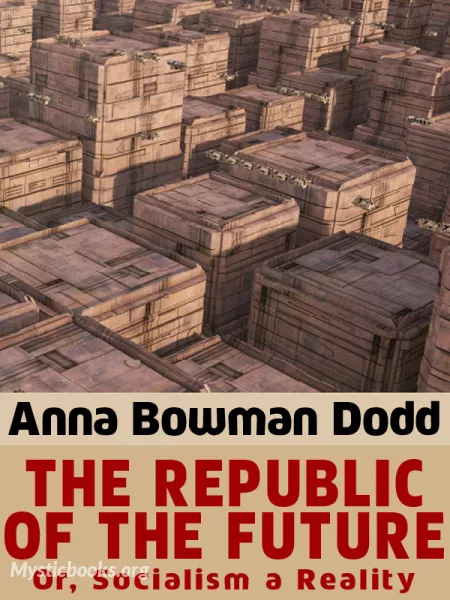
The Republic of the Future
'The Republic of the Future' Summary
In the year 2050, Anna Bowman Dodd's The Republic of the Future transports readers to a seemingly utopian society, where the socialist ideals of equality and shared prosperity have transformed the world. Crime, poverty, and social unrest have vanished, replaced by a harmonious society where everyone's needs are met. However, beneath the veneer of perfection lies a hidden reality that challenges the very foundations of this seemingly ideal world.
Wolfgang, a Swedish aristocrat, embarks on a journey to New York City, the heart of the Republic of the Future, eager to witness firsthand this socialist experiment. Through a series of letters written to his friend Hannevig, Wolfgang paints a vivid portrait of this futuristic society, revealing its apparent triumphs and exposing its underlying flaws.
As Wolfgang delves deeper into the workings of the Republic, he uncovers a system that, while achieving economic equality, has stifled individuality and innovation. Personal freedoms are curtailed, public opinion is carefully managed, and dissent is suppressed. The pursuit of happiness has been replaced by a rigid adherence to societal norms, and the spirit of individuality has been largely extinguished.
Amidst this carefully constructed utopia, Wolfgang encounters individuals who yearn for the freedoms and diversity of the past. He witnesses their struggle to reconcile their personal aspirations with the rigid expectations of the Republic. They question the suppression of individuality and the erosion of personal freedoms, seeking a society that values both equality and personal expression.
Wolfgang's epistolary narrative challenges the reader to question the true meaning of utopia. While the Republic of the Future has achieved economic equality and social stability, it has done so at the expense of individual freedom and creativity. The story raises questions about the balance between societal order and individual expression, prompting readers to consider the potential dangers of unchecked idealism and the importance of safeguarding personal freedoms in the pursuit of a better society.
Dodd's novel is not merely a critique of socialism but a broader exploration of the human desire for a perfect society and the challenges that arise when striving for such an ideal. It is a cautionary tale about the potential pitfalls of unchecked idealism and a reminder of the importance of individual freedom and diversity in creating a truly just and equitable society.
The Republic of the Future remains a relevant and thought-provoking work, challenging readers to consider the complex relationship between societal order, individual freedom, and the pursuit of a better world. It is a story that transcends time and ideology, reminding us that the quest for a perfect society is fraught with challenges, and that the true measure of a society lies not just in its economic achievements but in its ability to protect individual freedoms and foster an environment where creativity and personal expression can flourish.
Book Details
Language
EnglishOriginal Language
EnglishPublished In
1887Genre/Category
Tags/Keywords
Authors
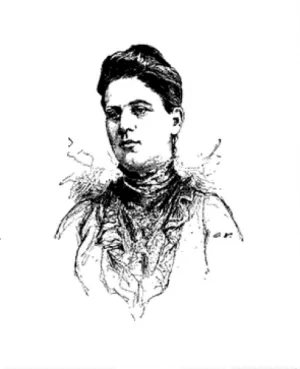
Anna Bowman Dodd
United States
Anna Bowman Dodd, née Blake, was an American author from New York who emerged as a prominent figure in the late 19th and early 20th centuries. Born on January 21, 1858, she embarked on a prolific lite...
Books by Anna Bowman DoddDownload eBooks
Listen/Download Audiobook
- Select Speed
Related books
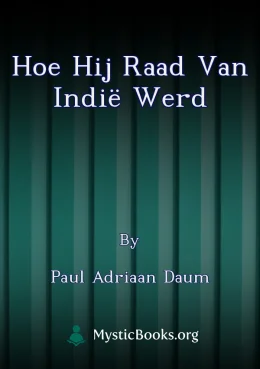
Hoe hij raad van Indië werd by Paul Adriaan Daum
The book depicts the rise of a mediocre civil servant in the Dutch East Indies, who, through the influence and machinations of his two wives, ascends...
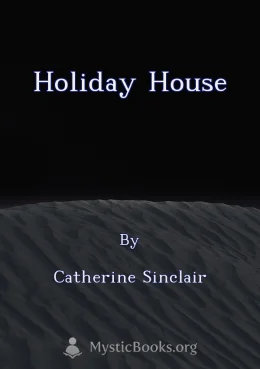
Holiday House by Catherine Sinclair
Catherine Sinclair's *Holiday House* is a collection of interconnected stories that blends elements of fairy tales, social commentary, and Victorian-e...
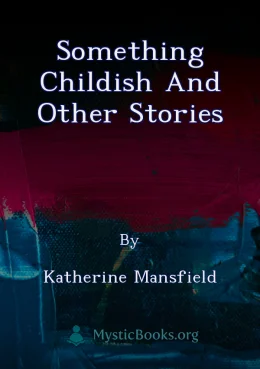
Something Childish and Other Stories by Katherine Mansfield
This posthumous collection of stories and sketches by Katherine Mansfield, a pioneering modernist author from New Zealand, offers a glimpse into the c...
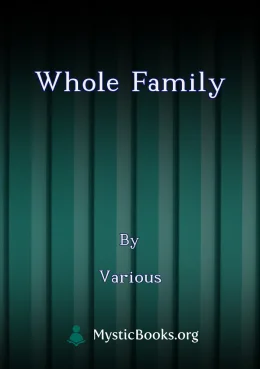
Whole Family by Various
An exploration of the complex and often tumultuous dynamics of a dysfunctional family, "Whole Family" presents a unique tapestry of perspectives as ea...
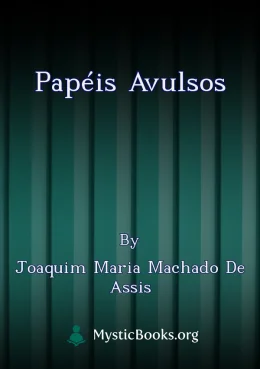
Papéis Avulsos by Joaquim Maria Machado de Assis
Papéis Avulsos é uma coleção de contos do renomado escritor brasileiro Machado de Assis, publicada em 1882. O livro explora temas universais como a na...
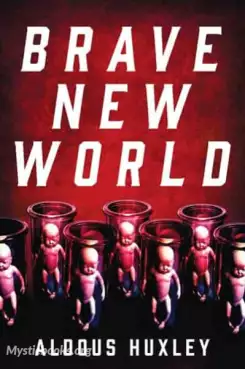
Brave New World by Aldous Huxley
Brave New World is a dystopian futuristic World State. Intelligence based class that are genetically modified citizens. The novel anticipates huge sci...
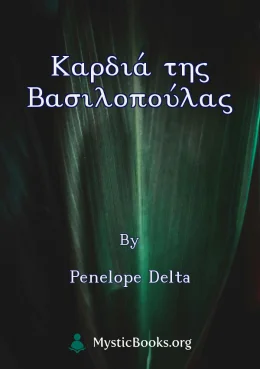
Καρδιά της Βασιλοπούλας by Penelope Delta
Καρδιά της Βασιλοπούλας is a poignant tale of a princess confined to a solitary island, her life devoid of both sorrow and joy. The story explores the...
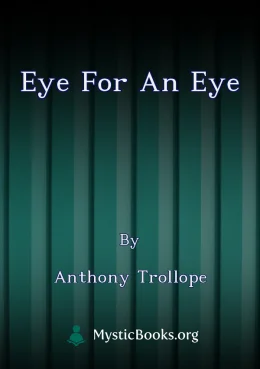
Eye for an Eye by Anthony Trollope
In 'Eye for an Eye', Anthony Trollope explores the complexities of love and duty in a society defined by social hierarchy. The story centers on a youn...
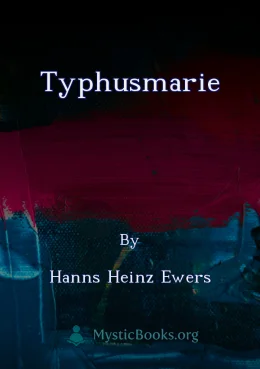
Typhusmarie by Hanns Heinz Ewers
In "Typhusmarie", seven men convene secretly to judge a seemingly respectable woman, convinced she poses a grave threat to humanity. The atmosphere of...

Chautauqua Girls at Home by Pansy (Isabella Macdonald Alden)
This book follows four young women as they return home from a Chautauqua summer conference, where they embraced Christianity. As they navigate their n...
Reviews for The Republic of the Future
No reviews posted or approved, yet...